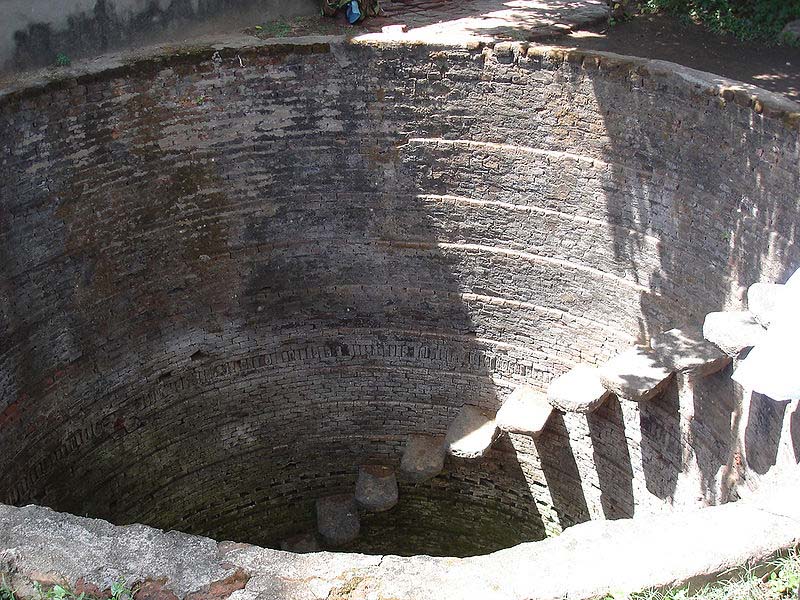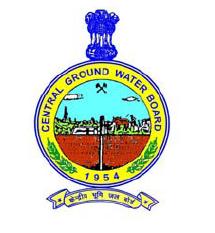India
Accelerated programmes - What can the water sector learn from the power sector? – An article in EPW by Tushaar Shah
Posted on 16 Jun, 2011 09:11 PMThe Government of India’s 15-year old AIBP has come under much-deserved criticism for all-round non-performance. It was introduced to support states in "last mile" public irrigation projects, that is, projects which are nearly completed but whose full benefits can start flowing only after small, incremental investments are made. Yet, the AIBP has been used mostly for funding new projects.
Independent water regulatory authorities in India - Analysis and interventions - A compendium of analytical work by PRAYAS
Posted on 16 Jun, 2011 08:09 PMThese reforms have led to the establishment of Independent Regulatory Authorities (IRAs) in the water sector through the enactment of laws at the state level.
Guidelines for successful well site selection – A paper in Current Science
Posted on 16 Jun, 2011 07:57 PMGroundwater is a natural replenishable resource. It is an important source for various purposes, including drinking, irrigation and industrial, due to insufficient surface water supply and frequent failure of monsoon. Identification of groundwater zones depends upon many factors such as distribution of rainfall, runoff, grain size of soil, topographic features, type of landform, drainage conditions, lithological characteristics, land use practices, depth to groundwater level and environmental constraints, which are not uniform in any area.

Image courtesy: Wikimedia Commons
Nominations invited for Times of India 'Social Impact Awards' on environment
Posted on 15 Jun, 2011 05:31 PMThe Times of India Social Impact Awards in partnership with J.P.Morgan is a platform wherein applications and nominations for Awards can be made by NGO’s, corporates and government organizations under five categories (Health, Education, Environment, Livelihood, and Empowerment & Advocacy).
Indian Youth Climate Network is looking for ten positions in its Organisation Development Unit
Posted on 15 Jun, 2011 12:03 PM
The Indian Youth Climate Network (IYCN) is a network of young people in 18 states who are concerned about climate change & environment issues. The purpose of IYCN is to bring the voice of Indian youth on the global platform as South Asia is one of the most vulnerable regions affected by potentially catastrophic climate change & environment issues.
CGWB intends to create a directory and invites bio-data of ground water professionals - Apply by 11th August, 2011
Posted on 15 Jun, 2011 10:40 AM Central Ground Water Board (CGWB) intends to create a directory of ground water professionals and invites bio data of experienced ground water professional (Individuals/Institutions/Scientists/Engineers/NGOs/VOs etc.) working in the field related to ground water/ rain water harvesting/ water conservation/ ground water recharge/ ground water quality/ water well drilling & construction etc.
Central Ground Water Board (CGWB) intends to create a directory of ground water professionals and invites bio data of experienced ground water professional (Individuals/Institutions/Scientists/Engineers/NGOs/VOs etc.) working in the field related to ground water/ rain water harvesting/ water conservation/ ground water recharge/ ground water quality/ water well drilling & construction etc.
Of soils, subsidies and survival - A report on living soils by Greenpeace India
Posted on 15 Jun, 2011 09:54 AMSoil is one of the basic natural resources that supports life on Earth. It is an ecosystem, which is a home to several living organisms, which make the soil alive and give it a good structure and texture.
A living soil ecosystem nurtures and nourishes plants by providing a healthy medium to take roots through a steady supply of nutrients. Use of chemical fertilisers disturbs the natural soil ecosystem and its indiscriminate use has resulted in the degradation of soil. A total neglect of ecological/organic fertilisation by policy makers, extension officers and farmers during the peak Green Revolution period has also added to the soil health crisis.
This report pools together scientific literature as well as farmers’ views on this issues as many a times, while studying issues related to soil health or while making policies related to it, the farmer, who is the most important stakeholder, is seldom consulted. The report has made an effort to rectify this grave inadequacy by including the farmer's perspectives in the academic processes like the social surveys, public hearings and workshops and in this final report. Every section of the report has a component from the existing scientific literature available and another one on the farmers’ opinion on the same area.
"Every 30 Minutes": Crushed by debt and neoliberal reforms, Indian farmers commit suicide at a staggering rate - A report by CHR&GJ - NYU School of Law - Interview with Democracy Now
Posted on 14 Jun, 2011 05:46 PMThe crisis has ballooned with economic liberalization that has removed agricultural subsidies and opened Indian agriculture to the global market. Small farmers are often trapped in a cycle of insurmountable debt, leading many to take their lives out of sheer desperation.
Monitoring systems for incentive programmes - Learning from large scale rural sanitation initiatives in India
Posted on 14 Jun, 2011 03:45 PMLong range forecast for 2011 South-west Monsoon season rainfall - Press release by IMD
Posted on 14 Jun, 2011 03:39 PMThe Long Period Average (LPA) of the south-west monsoon season rainfall over the country as a whole for the period 1951-2000 is 89cm. The first long range forecast for the south-west monsoon season (June-September) rainfall is issued in April and the forecast update is issued in June.